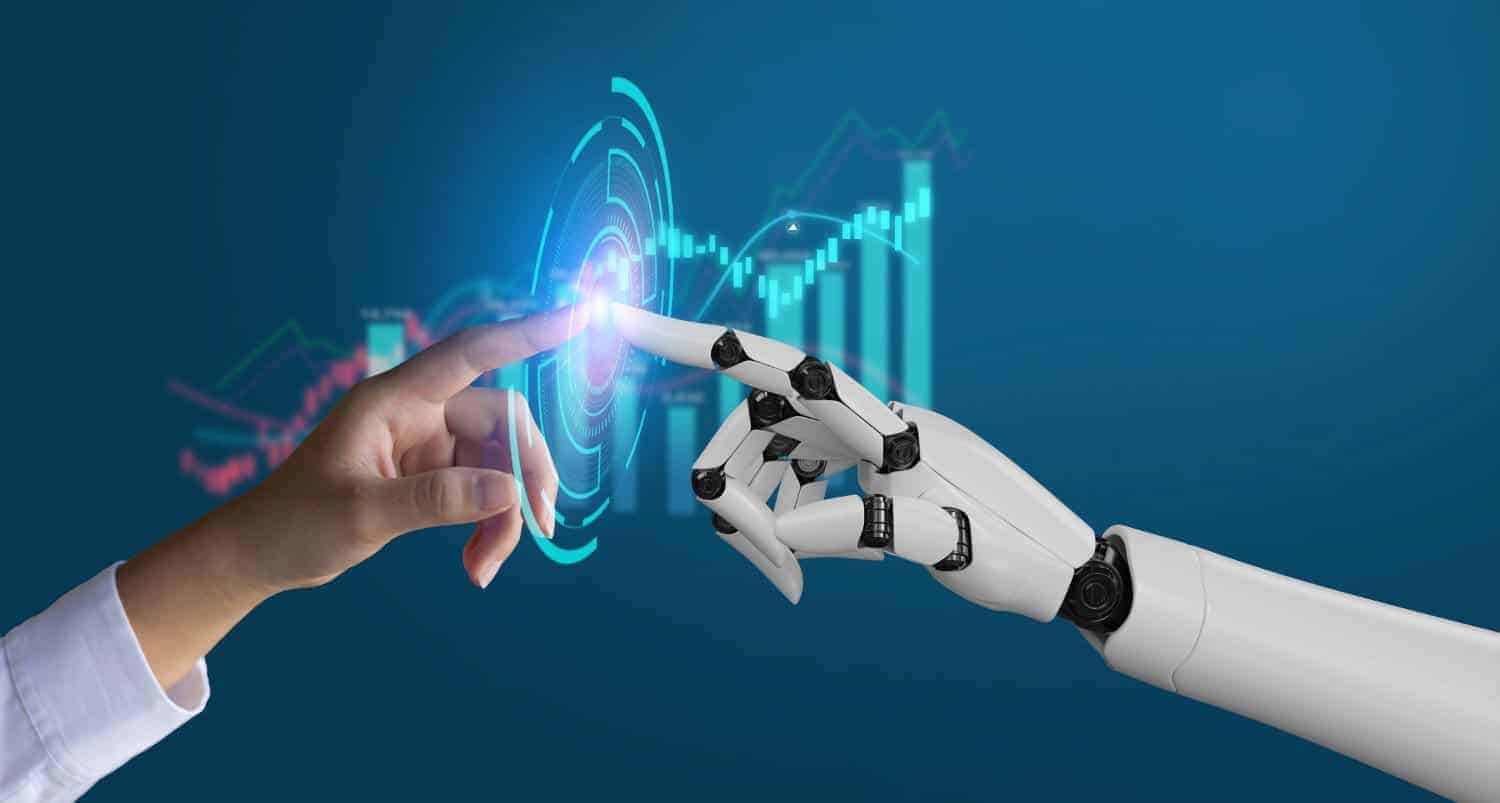‘This trend presents a dual opportunity for South Africa. It creates high-skilled jobs and drives economic growth through increased business efficiency.’
Following the outbreak of the Covid-19 pandemic, digital transformation has been a key imperative for businesses all over the world.
Greg Williams, regional vice president for South Africa at UiPath says automation and Artificial Intelligence (AI) have established themselves as solid pillars in the digital transformation. �
“The recently released UiPath State of the Automation Professional report 2024 provides important insights into global trends that have significant implications for our local business environment.”
He is of the view that the findings of the report will outline how AI-powered automation can play an important role in helping companies in the country boost their competitiveness and efficiency.
Why companies go for AI-powered automation
The combination of AI and automation technologies can enhance efficiency and reduce manual labour. While AI will analyse data, amongst other things, automation technologies will execute tasks, and workflows, amongst other things.
The report shows that the reason why businesses make use of AI is to increase productivity. “This fits perfectly with the need in our market to get the most out of limited resources,” he says.
The report reads, “Confirming other Bain research, survey findings showed that efficiency and productivity (85%) have been motivating factors in automation adoption, followed by cost reduction (35%).”
ALSO READ: AI could be a game changer for South Africa, says Malatsi
Sectors supporting AI-powered automation
The report reveals that 79% of IT companies have adopted automation, followed by customer service (58%), accounting (53%), and legal and compliance (21%).
Williams says financial services can make use of AI-powered automation in code writing and testing, which can enhance the development and security of financial and technology solutions.
“While mining can benefit from AI in documentation and process optimisation, improving safety and efficiency in operations.”
For the healthcare sector, he is of the view that AI-assisted documentation can relieve doctors and nurses from the burden of admin tasks, streamlining patient care and leaving more time for patient care, medical research, and more, especially in resource-constrained environments.
ALSO READ: How about an AI boss? – SA adopts ChatGPT for work, school and romance
Automation teams growing
He adds that automation teams are forever growing and getting better, which can provide jobs for many people in the country.
The report shows that 61% of companies worldwide have added more automation workers in the last year. While 81% of these companies plan to hire more people.
“This trend presents a dual opportunity for South Africa: it creates high-skilled jobs and drives economic growth through increased business efficiency.”
“For South African businesses, this means investing in upskilling programmes and partnering with educational institutions to create a pipeline of automation professionals. It is an opportunity to address our high youth unemployment rate by aligning skills development with the growing demand in the automation sector.”
ALSO READ: Google trends reveal South Africans keen to grow AI skills
Job satisfaction
Williams says the findings of the report also prove that the automation sector can provide job satisfaction and career stability.
“70% of automation professionals worldwide think they will stay in the industry for the next five years. This shows they are happy with their jobs and have a steady career path.”
The report details that 86% of professionals think their current job in automation will help them move up in their careers.
Are jobs in other sectors safe?
Advaita Naidoo, Africa managing director at Jack Hammer Global said AI will most certainly lead to affect certain jobs, but new sectors and jobs will be created.
“While we cannot yet understand the extent of the impact of AI on specific careers and fields and how the world of work, in general, is going to change in coming years, individuals have to start exploring this new terrain even in the absence of a map.”
NOW READ: The most important digital jobs for 2025 – and the skills needed to get one














